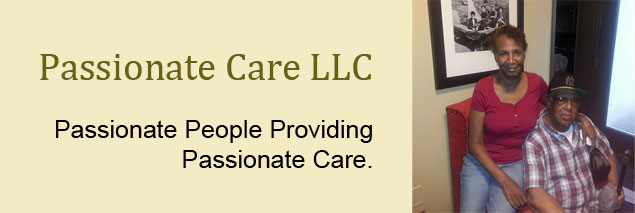
employee do & don't
Dos:
Personal Care Attendants can help you with covered services including:
- Dressing
- Grooming/hygiene
- Bathing
- Eating
- Transfers
- Mobility
- Positioning
- Toileting
- Health-related procedures and tasks
- Observing and redirecting behaviors
For adults, PCA may also help with instrumental activities of daily living such as:
- Meal planning and preparation
- Basic assistance with paying bills
- Shopping for food, clothing and other essential items
- Performing household tasks integral to PCA services
- Communication by telephone and other media
- Traveling to medical appointments and community events
PCAs can assist children with instrumental activities of daily living (IADL) ONLY under the following conditions:
- Light housekeeping and laundry for health and hygiene reasons integral to PCA services
- Sole benefit of the child
- Listed on the PCA assessment and service plan
Don'ts
PCAs cannot:
- Assist with sterile procedures
- Inject fluids and medications into veins, muscles or skin
- Complete home maintenance or chore services
- Complete homemaker services that are not an integral part of assessed needs
- Apply restraints
- Assist with most instrumental activities of daily living for children under 18
- Provide services in lieu of other staffing options in a residential or childcare setting
- Cannot work solely as a childcare or babysitting service
- Provide services in the PCA's home
- Sleep on the job
PCAs also cannot:
- Decide your need for medication
- Set up your medication
- Evaluate the effectiveness of your medication
- Inject medications